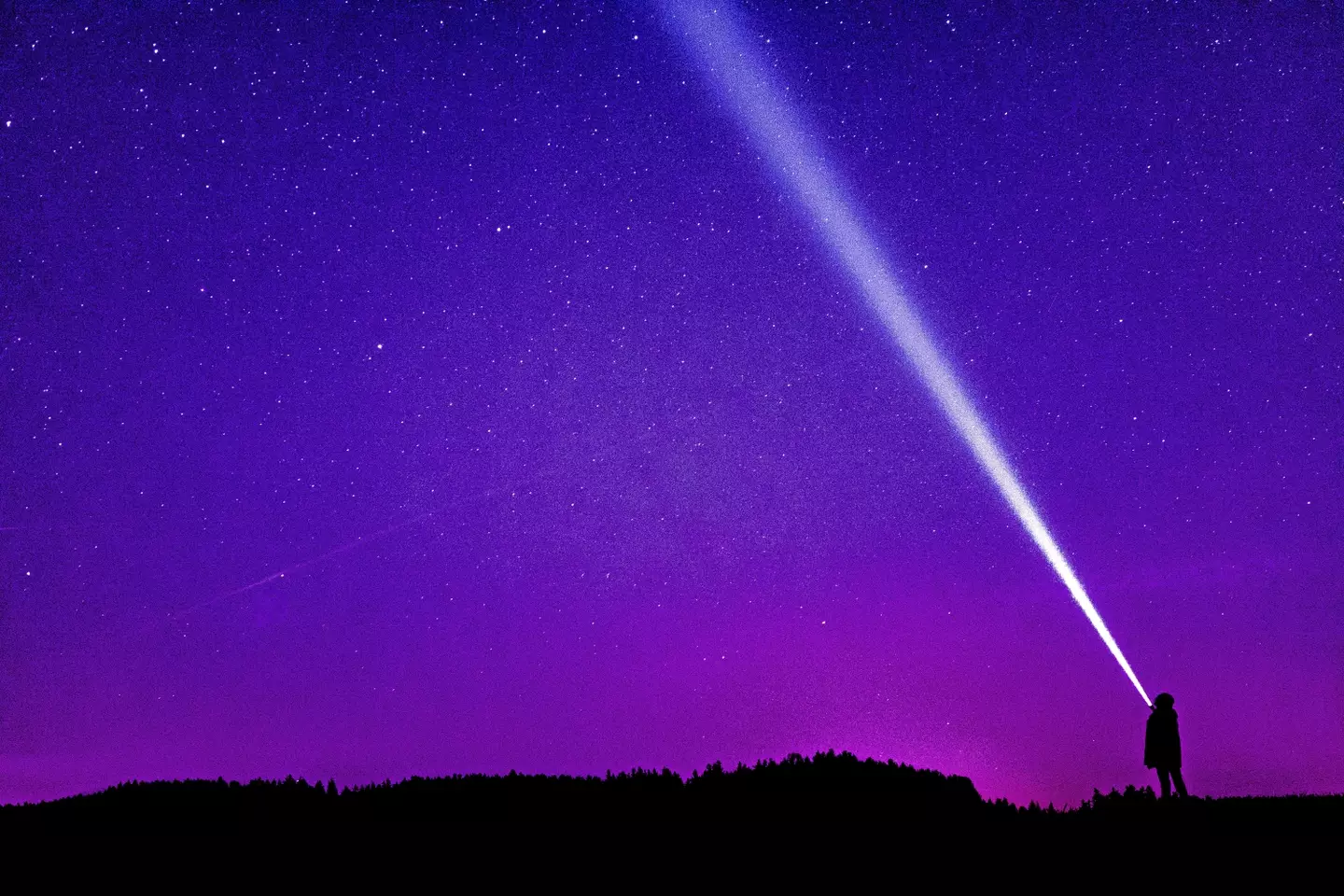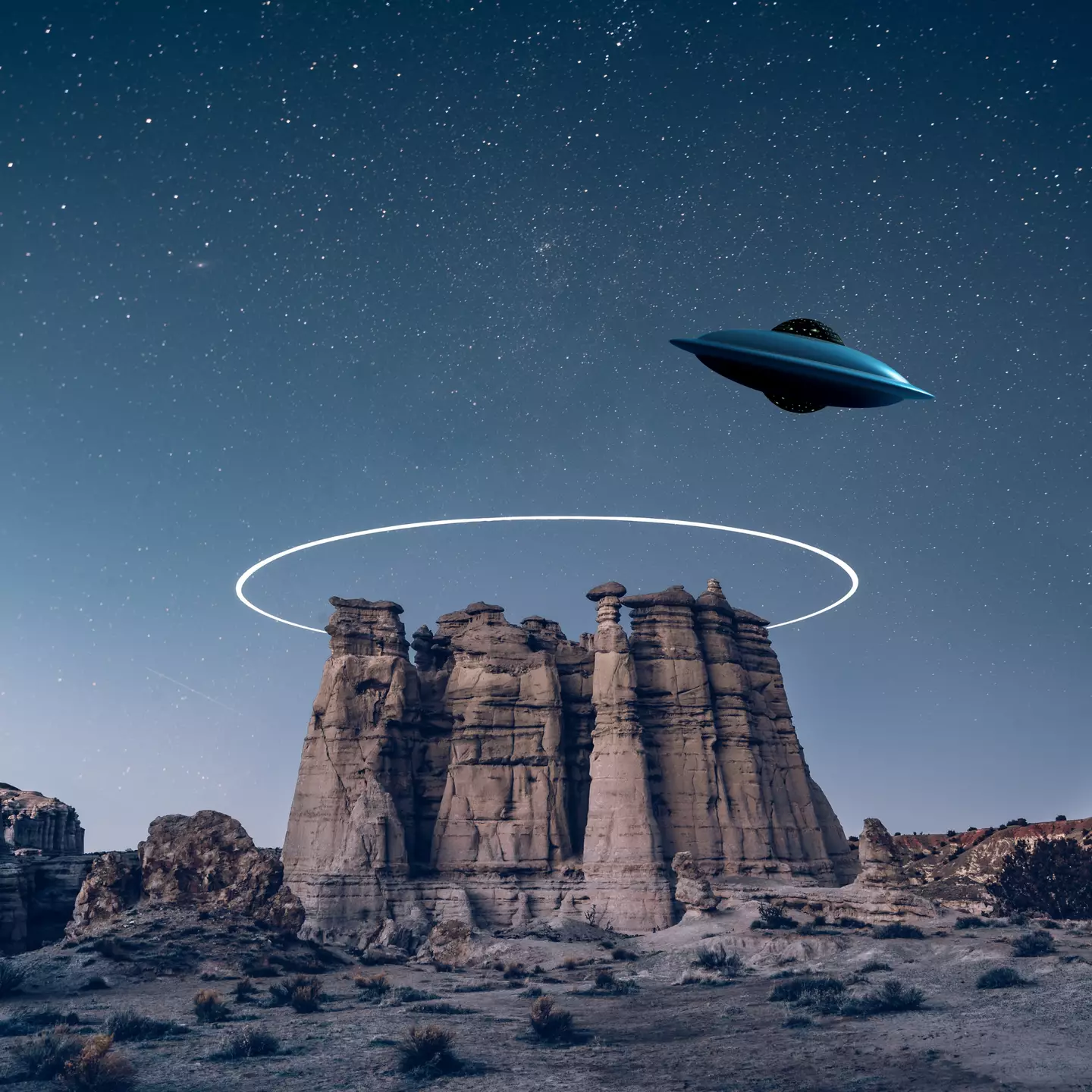
An expert believes we’d be about as useful as a pen of ‘headless chickens’ if intelligent life in the cosmos communicates with us.
Search for Extraterrestrial Intelligence Post-Detection Hub coordinator and computational linguist John Elliott is the person responsible for how we handle first contact as a planet.
And, as of right now, he has very little faith in humanity, he told the Guardian.
"Look at the mess we made when Covid-19 hit," Elliott said. "We cannot afford to be ill-prepared, scientifically, socially, and politically rudderless for an event that could happen at any time and which we cannot afford to mismanage."
Advert

He added: "We need strategies and scenarios in place to understand what we need to do and how to do it."
So, Dr Elliott has selected a crack team of experts to help us manage how we deal with whatever is out there beyond the final frontier.
Unlike many science boffins and space savants, Dr Elliott isn't afraid of what will happen when we do make first contact.
Most experts have feared what might be out there.
Even famed Cambridge cosmologist Stephen Hawking warned the world from sending our location into space.
But, because Dr Elliot and his mates are prepping to help Earth to not look like a fool on the intergalactic stage when we eventually make first contact, he reckons we'll be sweet.
"It’s such an opportunity to link up, if there’s another intelligence out there, which all the indications are that there must be," he said, as per the Guardian.
"If we have the opportunity, I don’t think we should miss it," he added.
The newly founded Post-Detection Hub can be found eagerly awaiting that day at the University of St Andrews in Scotland.
Astrobiologist and professor of science communication at the University of Westminster Lewis Dartnell has already sung the hub's praises even though the initiative is still in its infancy.

He believes it is 'an important step in raising awareness at how ill-prepared we currently are' for making contact with alien life.
Either way, intelligent aliens are likely to be light years away, which means we have time to get our ducks in a row.
Like, centuries, when you think about how long messages will take to go back and forth.
"Even if we were to receive a signal tomorrow, we would have plenty of breathing space to assemble an international team of diverse experts to attempt to decipher the meaning of the message, and carefully consider how the Earth should respond, and even if we should," Lewis Dartnell told the Guardian.
"The bigger concern is to establish some form of international agreement to prevent capable individuals or private corporations from responding independently — before a consensus has formed on whether it is safe to respond at all, and what we would want to say as one planet."
Elon Musk, we're looking at you. Pipe down.
Topics: Space, Science, News, World News
